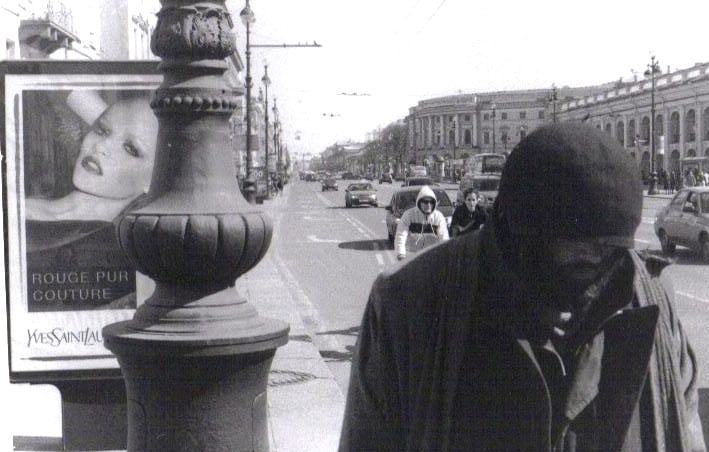Losing Riga – losing Latvia?
By Sean L Hanley, on 3 July 2013

Photo Guillaume Speurt CC-BY-SA 2.0
Licia Cianetti explains the broad appeal of Latvia’s traditionally Russophone Harmony Centre party in Riga– but argues that ‘post-ethnic politics’ may not be just around the corner.
On 1st June the residents of Riga went to the polls to elect a new City Council. The election came after four years under mayor Nils Ušakovs, the first ethnic Russian to lead an administration in the capital. Ušakovs secured another victory for his moderate Russophone ethnic party, Harmony Centre, and kept his post for another term.
That Ušakovs won did not come as a surprise to anybody was politics in Riga; the main question before the elections was not whether Harmony Centre would win but by how much it would win.
Ušakovs was elected mayor of Riga in 2009, when Harmony Centre won 34% of the vote and had entered a coalition with the mainstream Latvian party Latvia’s First Party/Latvian Way (LPP/LC). The unthinkable then became reality: Riga, where a great share of Latvia’s population and wealth is concentrated, came under the control of a Russophone party that – by virtue of being Russophone – had consistently been excluded from power at the national level.
The 2013 municipal election did not mark the end of this ‘anomaly’, but instead entrenched Harmony Centre’s dominant position in Riga. Harmony Centre’s electoral bloc with the local political party Gods kalpot Rigai! (Pround to serve Riga, GKR) won an impressive 58% of the vote, giving them 39 seats of the 60 seats in Riga City Council. Only two other parties made it beyond the 5% threshold: the right-wing nationalist National Alliance (17.8%, 12 seats) and the centre-right Unity (14%, 9 seats), both currently in the Latvian government. Ušakovs’s success in Riga surely will force other parties to reconsider about what to do with Harmony Centre at the state level, whose ongoing exclusion from national power is looking a less and less tenable strategy. (more…)
 Close
Close



